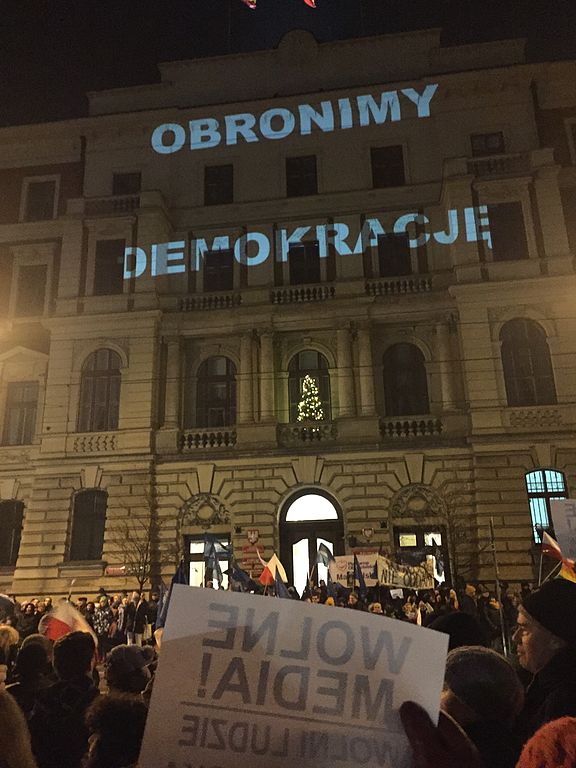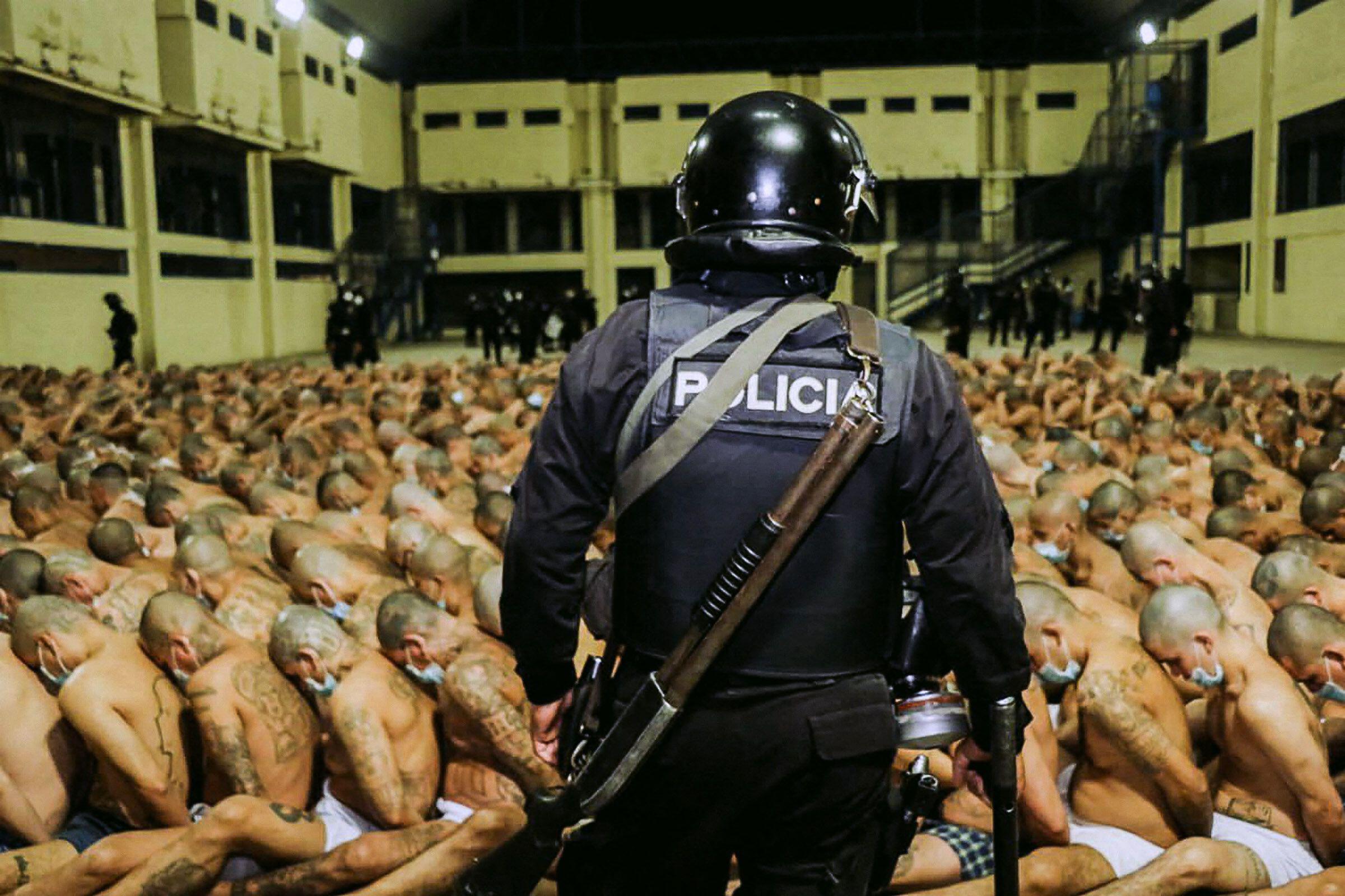[vc_row][vc_column][vc_single_image image=”114332″ img_size=”full” add_caption=”yes”][vc_column_text]Should President Andrzej Duda continue supporting all key policies of the United Right currently governing Poland, media freedom and the independence of journalists will likely be curtailed.
During his first term as the president of Poland, Duda, formally independent, proved his loyalty to the Law and Justice (PiS) party on numerous occasions. For example, in 2016 he signed a law that gave the government greater control over state broadcasters.
State broadcasters have since become a propaganda machine for the governing majority. Many reports on the general elections held in Poland in 2019 and on the presidential elections in 2020 highlighted their lack of pluralism. But at least privately-owned media has remained an alternative source of information for a significant part of the population in Poland. But even that is not safe.
Over the years, foreign-owned media has been criticised as being anti-Polish and these criticisms grew louder during the presidential campaign. Duda implied that Germans wanted to influence the outcome of the election after the popular German tabloid Fakt published a story saying that Duda had pardoned a man convicted of sexual abuse of his daughter. Duda also unleashed an attack against Philipp Fritz, Warsaw correspondent of German newspaper Die Welt, accusing him of promoting the opposition’s campaign.
“Today, ladies and gentlemen, we have yet another German attack during these elections,” Duda said.
These remarks by the president, as well as other comments by the government officials, have raised concerns among journalists in Poland that after Duda’s win, the governing majority will try limiting independent media and journalism. The concerns are that first state-owned companies will try to buy-out key TV, radio, print commercial media from foreign owners. Second, the profession of journalists, now free, might be regulated, opening up a possibility to activate disciplinary proceedings against journalists and limit who can be a journalist in Poland.
And our fears are already feeling justified; since Duda’s re-election top public servants and high-profile PiS politicians have announced plans to take on commercial media and independent journalists.
Who will protect journalists? As president of Poland Duda has the power to veto legislation and issue motions to the Constitutional Tribunal to verify if the adopted laws conform with the Constitution. But on many occasions he has shown his loyalty to PiS. Since they came to power in 2015, they have waged a campaign to take control of the judiciary in open defiance of the law. By May 2018 they had managed to gain direct control over the Constitutional Tribunal and the National Council of the Judiciary. A triumvirate has therefore formed between the government, the Constitutional Tribunal and the president, which has allowed fast-tracking key legislation and rubber stamping controversial policies targeted against judicial independence.
Duda’s victory in the presidential contest on 12 July 2020 opens up the possibility that this alliance continues. The next general election in Poland should happen no earlier than in 2023. The United Right camp has three more years to implement its desired policies.
I fear discouragement and the chilling effect on journalists the most. In Poland, as in many places elsewhere, the profession has become more precarious which in itself could be a discouragement for many young people interested in pursuing this sort of career. Add an increased political pressure, and people may start having doubts if it is all worth it.
We need independent, broad-minded, professional journalists more than ever. It’s the most critical time since 1989 and we need to improve standards of democratic debate. OKO.press is keeping up the good work and we hope to continue fulfilling our mission to offer in-depth journalism on topics of public interests to all of Poland, without a paywall. Hopefully we can continue well into the future, but it has never felt more in peril.
Anna Wójcik is a journalist at Polish investigative journalism and fact-checking website OKO Press. OKO are the 2020 Index on Censorship Freedom of Expression Awards Journalism Fellow. Read more about them here.[/vc_column_text][/vc_column][/vc_row][vc_row][vc_column][/vc_column][/vc_row]





